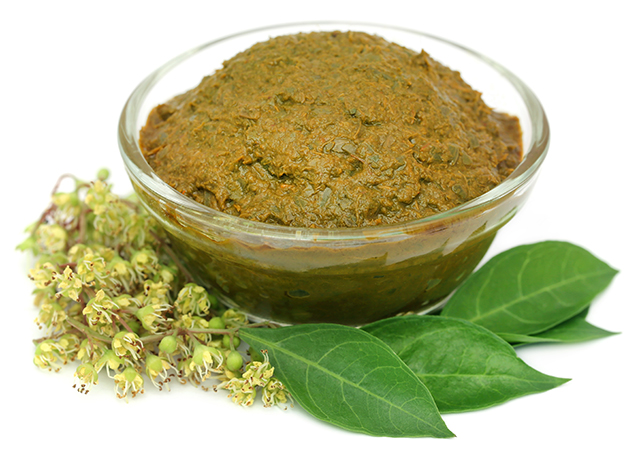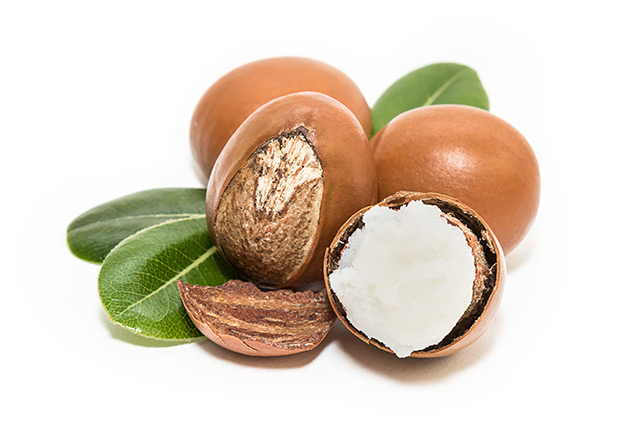Moderate drinking protects your brain as you age… really
08/21/2017 / By Rhonda Johansson

A nearly 30-year old cohort study has found that moderate drinking can improve the cognitive health of middle- to upper-class white adults. These findings, while limited to its homogeneity, could potentially indicate a medically preventive effect in social drinking. Should the data be further verified across all races and ages, moderate consumption of alcohol could be found to help prevent the onset of debilitating mental conditions such as dementia and Alzheimer’s.
The study was conducted by a team of researchers from the University of California San Diego School of Medicine, and looked at the lifestyle habits and progressive mental state of 1,344 older adults for around 29 years. Participants had to describe their drinking habits, reporting themselves as light, moderate, or heavy drinkers. Men and women who labeled themselves as moderate drinkers were noted to be twice as likely to be cognitively healthy compared to non-drinkers. Participants’ mental health was assessed every four years using a traditional dementia screening test called the Mini Mental State Examination.
It is important to note that of the tested population, very few saw themselves as heavy drinkers. “So our study does not show how excessive or binge-type drinking may affect longevity and cognitive health in aging,” cautioned senior author Linda McEvoy, Ph.D on Science Daily.
Even so, the study admits to its limitations. The data was derived from an almost homogenous population. All of the participants were white, with at least some college education, and resided in Rancho Bernardo, a relatively affluent suburb in San Diego County. The prevailing characteristics of the group could suggest confounding factors. Researchers said that drinking alcohol alone may not contribute to better cognition. Drinking alcohol, particularly wine, implies higher incomes and education levels. These, in turn, are linked to a reduced likelihood of smoking and mental illness and better access to health care. The team did adjust their findings to remove these confounding variables but say that their study still has weaknesses.
The authors end with, “this study shows that moderate drinking may be part of a healthy lifestyle to maintain cognitive fitness in aging. However, it is not a recommendation for everyone to drink. Some people have health problems that are made worse by alcohol, and others cannot limit their drinking to only a glass or two per day. For these people, drinking can have negative consequences.”
Putting this in perspective
The National Institute on Alcohol Abuse and Alcoholism (NIAAA) warns against excessive drinking but agrees that moderate consumption can have some health benefits. Some of the advantages to drinking alcohol in moderation could include a decreased risk of heart disease and diabetes. (Related: Five ways drinking helps your health.)
It is crucial that we define some terms. Moderate alcohol consumption, under NIAAA guidelines, is one standard drink per day for women of all ages and men aged 65 and over. For men younger than 65, this can go up to two drinks a day. Heavy drinking is equivalent to three drinks per day for men aged 65 and older and women of all ages. Men who are younger than 65 are considered heavy drinkers if they consume four standard drinks a day. Excessive drinking is anything that exceeds these measurements.
A standard drink is defined as:
- 12 fl oz of regular beer (containing five percent alcohol) – This is like a can of beer.
- Eight to nine fl oz of malt liquor (which has around seven percent alcohol) – This is approximately filling a 12 oz glass three-fourth full.
- Five fl oz of table wine (this has around 12 percent alcohol) – This is one normal glass of wine.
- 1.5 fl oz shot of distilled spirits (this is around 40 percent alcohol) – This is one shot of whiskey, rum, gin, tequila, etc.
Sources include:
Tagged Under: aging, alcohol consumption, Alzheimer's, Brain, cognitive fitness, dementia, Drinking



















